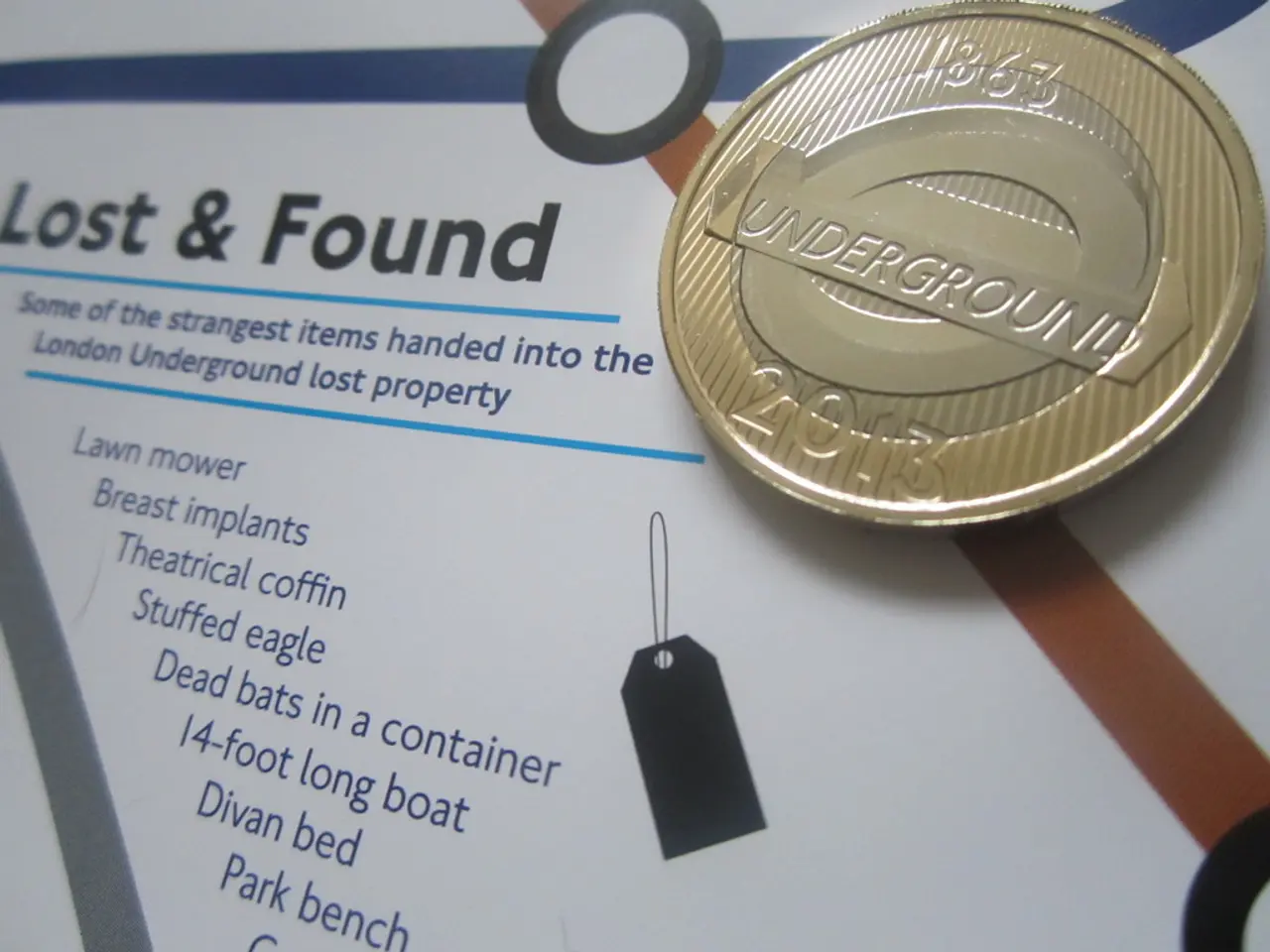Western Union is developing stablecoin settlement systems in Africa, according to the CEO's statement.
In a significant move towards modernizing its payment infrastructure, Western Union has announced its initiative to develop stablecoin-based payment settlement systems. The focus of this innovation is primarily on Africa and South America, where the company sees stablecoins as an opportunity to accelerate cross-border payments, ease stablecoin-to-fiat conversions, and offer stablecoins as a store of value in inflation-prone countries.
Western Union is collaborating with local payment infrastructure firms to build and pilot stablecoin-based payment products that speed up settlements and simplify currency conversion. The company also plans to enable users to swap stablecoins for local fiat currencies directly through its platform, offering onramp and offramp services.
Furthermore, Western Union is exploring the addition of stablecoin support into its digital wallets, allowing customers to accumulate, exchange, and hold stablecoins. This move aims to support seamless cross-border transfer experiences. The company is also partnering with companies to expand the buying and selling of stablecoins via the Western Union network worldwide, further integrating digital assets into their payments infrastructure.
This move by Western Union follows a strategy to compete with digital payment solutions, leveraging the speed, liquidity, and settlement efficiency advantages of stablecoins to improve user experience and reduce costs for international money transfers, particularly in emerging markets.
The increase in traditional finance institutions' interest in stablecoins is due to recent clarity in global regulations, as stated by Yellow Card's chief of staff and director of strategy. This trend is evident in the recent announcements by other traditional finance corporations such as Stripe, Mastercard, and Visa.
Stripe announced a stablecoin-payment system last May to allow businesses globally to receive payments in stablecoins. Mastercard partnered with Moonpay last May to enable stablecoin transactions via Mastercard-issued credit and debit cards. Visa's partnership with Yellow Card last June aimed at expanding its stablecoin settlement solution into Africa.
As Western Union continues to innovate and test these solutions in several places in Africa and South America, no specific public timeline has been given for when these systems will be fully launched. However, the company is undoubtedly at the forefront of a wave of traditional finance corporations adopting stablecoins to meet the demands of the modern digital economy.
[1] https://www.coindesk.com/business/2021/05/26/western-union-announces-stablecoin-initiative-for-cross-border-payments/ [2] https://www.reuters.com/business/finance/western-union-explores-stablecoin-use-cases-cross-border-payments-2021-05-26/ [3] https://www.coindesk.com/business/2021/05/26/western-union-to-enable-stablecoin-swaps-through-its-platform/ [4] https://www.coindesk.com/business/2021/05/26/western-union-to-expand-buying-and-selling-of-stablecoins-via-its-network/
- Western Union's initiative involves developing stablecoin-based payment settlement systems, which are primarily aimed at accelerating cross-border payments and easing stablecoin-to-fiat conversions in Africa and South America.
- To build and pilot stablecoin-based payment products, Western Union is collaborating with local payment infrastructure firms and aims to enable users to swap stablecoins for local fiat currencies directly through its platform.
- The company also plans to support seamless cross-border transfer experiences by adding stablecoin support into its digital wallets, allowing customers to accumulate, exchange, and hold stablecoins.
- The increase in traditional finance institutions' interest in stablecoins, such as Western Union, Stripe, Mastercard, and Visa, is due to recent clarity in global regulations and the opportunity to meet the demands of the modern digital economy.




